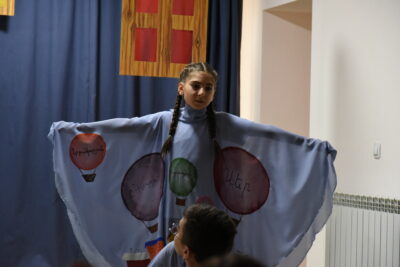By Thomas C. Nash
Special to the Mirror-Spectator
MEDFORD, Mass. – In the midst of talk of the Armenia-Turkey protocols for establishing ties, Tufts University held a symposium on September 26 on the Nagorno Karabagh conflict that occurred off the radar for all but a few academics and analysts.
The organizers, two professors at the Tufts Fletcher School of Law Diplomacy and the US State Department-sponsored Imagine Center for Conflict Transformation, have refused to say why the symposium was not better publicized locally to an Armenian community that has long had close ties with the school.
In addition, organizers avoided questions relating to why the symposium featured speakers who currently hold positions in the Azeri government while waiting until the last minute to invite a representative from the Armenian embassy, and not including Nagorno Karabagh officials at all.
“We didn’t have time,” said Phil Gamaghelyan, co-director of the Imagine Center, who arranged the September 26 symposium’s speakers with the Fletcher School’s Contemporary Turkish Studies Program Director Andrew Hess and International Conflict Management Prof. Eileen Babbitt. “It came together very last minute.”
Joyce Barsam, who heads a scholarship fund for young Armenian government officials to attend the Fletcher School and is on Fletcher’s Board of Overseers, says otherwise. She said Gamaghelyan approached her months ago looking for funding.







